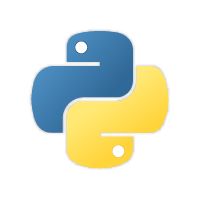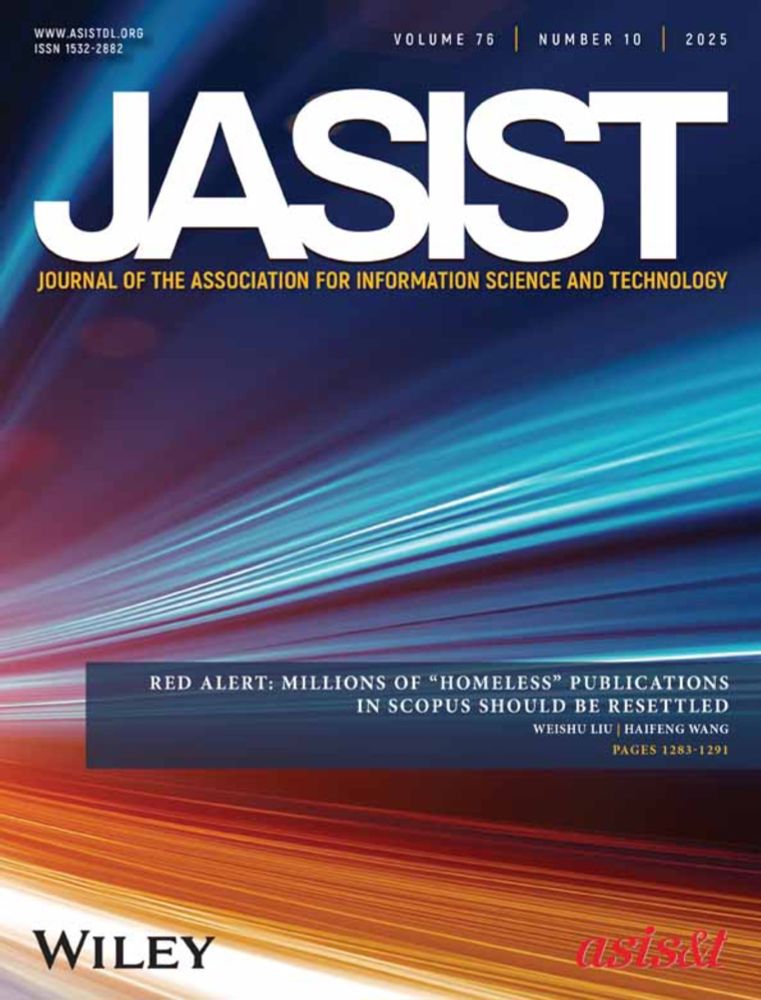


subugoe.github.io/scholcomm_an...

subugoe.github.io/scholcomm_an...
My guide to data visualization, which includes a very long table of contents, tons of charts, and more.
--> Why data visualization matters and how to make charts more effective, clear, transparent, and sometimes, beautiful.
www.scientificdiscovery.dev/p/salonis-gu...

My guide to data visualization, which includes a very long table of contents, tons of charts, and more.
--> Why data visualization matters and how to make charts more effective, clear, transparent, and sometimes, beautiful.
www.scientificdiscovery.dev/p/salonis-gu...
Interaktive R-Notebooks und ein Guide zu #OpenAccess Monitoring und Open Research Information, jetzt online:
👉 doi.org/10.59350/z46...
#OpenScience #DataLiteracy
CC: @ibi-hu.bsky.social, @helmholtzosoffice.bsky.social, @najko.bsky.social

Interaktive R-Notebooks und ein Guide zu #OpenAccess Monitoring und Open Research Information, jetzt online:
👉 doi.org/10.59350/z46...
#OpenScience #DataLiteracy
CC: @ibi-hu.bsky.social, @helmholtzosoffice.bsky.social, @najko.bsky.social
@elife.bsky.social. Thorough and useful peer review - who needs and impact factor?!
Links to paper and code/data ⬇️
📄https://elifesciences.org/reviewed-preprints/108748
💻https://github.com/agbarnett/cited_reviewers
@elife.bsky.social. Thorough and useful peer review - who needs and impact factor?!
Links to paper and code/data ⬇️
📄https://elifesciences.org/reviewed-preprints/108748
💻https://github.com/agbarnett/cited_reviewers
Kennt ihr schon die "Loseblattsammlung" aka. bibliometrische Quick Notes von unserm Kollegen @optykali.bsky.social?
Ein Blick lohnt sich.
Ihr findet das CC BY 4.0 lizenzierte Material hier:
bibliometrics-quick-notes.github.io
#bibliometrie #bibliometry #quicknotes #LIS

Kennt ihr schon die "Loseblattsammlung" aka. bibliometrische Quick Notes von unserm Kollegen @optykali.bsky.social?
Ein Blick lohnt sich.
Ihr findet das CC BY 4.0 lizenzierte Material hier:
bibliometrics-quick-notes.github.io
#bibliometrie #bibliometry #quicknotes #LIS

The first post analyses the reference coverage between #openalex and #semanticscholar using 37 million journal articles between 2015-23.
doi.org/10.59350/8t2...
The first post analyses the reference coverage between #openalex and #semanticscholar using 37 million journal articles between 2015-23.
doi.org/10.59350/8t2...
The talk is based on the article „Is something rotten in the state of Denmark?" journals.plos.org/pl...
blogs.hu-berlin.de/s...
@ibi-hu.bsky.social

The talk is based on the article „Is something rotten in the state of Denmark?" journals.plos.org/pl...
blogs.hu-berlin.de/s...
@ibi-hu.bsky.social

November 26, 2025, at 5:00 PM (CET)
unilu.webex.com/weblink/regi...

November 26, 2025, at 5:00 PM (CET)
unilu.webex.com/weblink/regi...
Let's be real. This is just an excuse for me to geek out about my favorite topic with my data viz sheroes.
Catch me, @allisonhorst.bsky.social, Kelsey Nanan + @shirleywu.studio on Tuesday Nov 11th @ 1pm ET. Registration link below 😊
streamyard.com/watch/dHiSp8...

Let's be real. This is just an excuse for me to geek out about my favorite topic with my data viz sheroes.
Catch me, @allisonhorst.bsky.social, Kelsey Nanan + @shirleywu.studio on Tuesday Nov 11th @ 1pm ET. Registration link below 😊
streamyard.com/watch/dHiSp8...
🚨 New paper out in PLOS ONE! w/ @caropradier.bsky.social @benzpierre.bsky.social @natsush.bsky.social @ipoga.bsky.social @lariviev.bsky.social
We studied 43k authors and 264k citation links in U.S. economics to ask:
👉 Why do some papers cite others?
🔗 journals.plos.org/plosone/arti...

🚨 New paper out in PLOS ONE! w/ @caropradier.bsky.social @benzpierre.bsky.social @natsush.bsky.social @ipoga.bsky.social @lariviev.bsky.social
We studied 43k authors and 264k citation links in U.S. economics to ask:
👉 Why do some papers cite others?
🔗 journals.plos.org/plosone/arti...
Does anyone know about others who have declined NIH or NSF grant funding over over these terms?
🧵

Does anyone know about others who have declined NIH or NSF grant funding over over these terms?
www.rmz.hu-berlin.de...
29.10.25, 11 CET, join us in person/ via zoom (link on website)!
@ibi-hu.bsky.social

www.rmz.hu-berlin.de...
29.10.25, 11 CET, join us in person/ via zoom (link on website)!
@ibi-hu.bsky.social
It automates creating small multiple gridmap layouts by optimally placing geographic points into grid cells (inspired by Jo Wood’s Observable notebooks).
👉 github.com/rogerbeecham...
#RStats #RSpatial #DataViz #GISchat

It automates creating small multiple gridmap layouts by optimally placing geographic points into grid cells (inspired by Jo Wood’s Observable notebooks).
👉 github.com/rogerbeecham...
#RStats #RSpatial #DataViz #GISchat
We review the current challenges and future directions of institutional #OpenAccess repositories – from funding & staffing to technology & researcher engagement.
👉 doi.org/10.1002/asi....
#OpenScience @ibi-hu.bsky.social @humboldtuni.bsky.social @ztirfhtor.bsky.social

We review the current challenges and future directions of institutional #OpenAccess repositories – from funding & staffing to technology & researcher engagement.
👉 doi.org/10.1002/asi....
#OpenScience @ibi-hu.bsky.social @humboldtuni.bsky.social @ztirfhtor.bsky.social
Details and registration ▶️ eu02web.zoom-x.de/meeting/regi...
#OpenResearch #OpenAccess #OpenScience

Details and registration ▶️ eu02web.zoom-x.de/meeting/regi...
#OpenResearch #OpenAccess #OpenScience
It's not every day we have a new major #ggplot2 release but it is a fitting 18 year birthday present for the package.
Get an overview of the release in this blog post and be on the lookout for more in-depth posts #rstats







